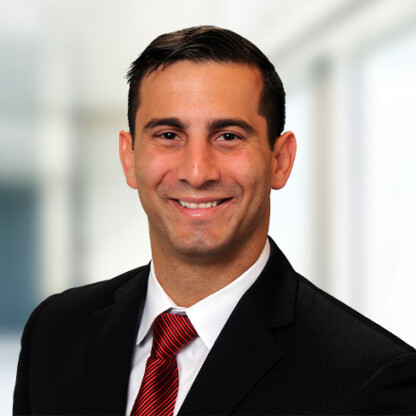Lacktman, Ferrante Cited in mHealth Intelligence About Ryan Haight Act
Partner Nathaniel Lacktman and Senior Counsel TJ Ferrante were cited in the mHealth Intelligence article, “CTel Presses DEA to Set Ground Rules for Prescribing by Telehealth.” The article discussed how telehealth advocates are again asking the Justice Department to create a special registration process to enable healthcare providers to prescribe controlled substances through telemedicine platforms. The issue dates back over a decade to the Ryan Haight Act, which prohibited physicians from prescribing controlled substances electronically without an in-person examination.
The article notes that telemedicine advocates have long had issues with the Ryan Haight Act, and that concern has grown as more and more providers look to connected health to help combat the nation’s opioid abuse crisis and goes on to cite a a March 2018 blog written by Lacktman and Ferrantenoting the Ryan Haight Act’s telemedicine exceptions, if enacted as is, would still be too restrictive.
“The Ryan Haight Act does not per se prohibit the use of telemedicine to prescribe controlled substances, and a provider may do so if he or she has conducted at least one in-person exam of the patient or meets a ‘practice of telemedicine’ exception to the Act’s in-person exam requirement,” they wrote. “The problem is the ‘practice of telemedicine’ exceptions are very narrow, highly technical, and simply outdated. For example, the Ryan Haight Act does not have a ‘practice of telemedicine’ exception if the patient is at home, school, or work.”
“The practice of telemedicine has evolved exponentially in the decade since the Ryan Haight Act was passed, and the regulations fail to account for how legitimate telemedicine services are delivered today,” they added. “For that reason, the exceptions do not easily align with direct-to-patient service models frequently sought by patients in areas such as telepsychiatry or substance use disorder treatment. In addition, there is a nationwide shortage of psychiatrists and board certified substance abuse addiction specialists, coupled with the nation’s tragic opioid crisis, making telemedicine services an attractive resource.”

